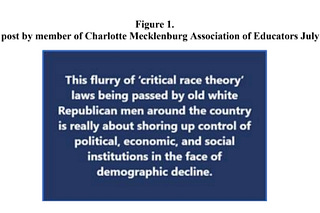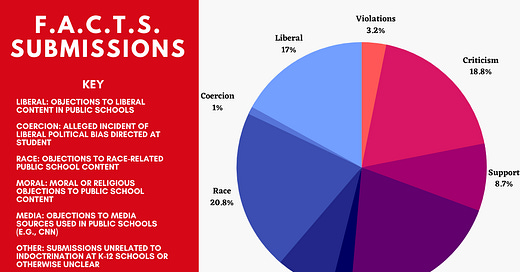
Tues., May 18, 2021
Hello, friends. I’ve missed you. The project I thought would take a week to wrap took two (and went live yesterday morning), but it’s done now, and maybe I won’t fall asleep thinking about it.
For The Assembly, I wrote about Durham County’s decision to drop Wendell Davis. I was writing this story when it was probable, then rewrote it last week when it was definitely happening. It’s long, though not nearly as long as the first version. Since The Assembly is a statewide mag, a few Durham-specific things were cut from the final; I’ll post one or two this week.
For now, though, read up, and PRIMER will be back to normal(ish) tomorrow:
Part I. The Scab
The end of Wendell Davis’ tenure as Durham County manager came together in a week, but it had been telegraphed for months and brewing for years.
On Thursday afternoon, after a 47-minute private meeting, the Durham County Board of Commissioners’ virtual special session blinked on, and Commissioner Wendy Jacobs nervously stammered through the stiff, bureaucratic motion she knew would set off a firestorm, terminating Davis' contract on June 29, 2021. Commissioner Heidi Carter quickly seconded.
Jacobs and Carter are white. Davis is Black. The vote to oust Davis fell 3-2, with both of the board's Black commissioners vehemently objecting.
“Sitting before me I see a rope, a knot, and a tree,” said Commissioner Nimasheena Burns.
“What I am left with is a knee on the neck of a Black man,” said Commissioner Brenda Howerton. She added, “I have lived through many adverse racial situations, including the Jim Crow era. This motion is perhaps one of the most racially motivated I have witnessed on this board in my 12 years of service.”
The sharp, vitriolic leadership struggle that culminated in Davis’ removal has shaken North Carolina’s most liberal county and split its racially diverse political coalition.
For some progressive activists, Davis represented timidity, fiscal conservatism, and underhanded tactics. As one critic told me, “He literally thinks like a goddamn Republican.”
But for others, Davis’ removal is yet another sign that Durham’s talk of racial equity is performative: a thriving city charging leftward with Black Lives Matter signs lining manicured lawns in gentrifying neighborhoods. Or as Davis himself put it, “Too often, bigotry is cloaked in the most liberal of circumstances.”
Durham is the face of a new liberal vision for North Carolina. But its political establishment is threatening to tear itself apart.
* * *
The dominos started falling 450 days earlier.
On Feb. 18, 2020, a source forwarded me a letter in which Davis pointedly accused Commissioner Heidi Carter of being racially biased toward him and other staff members.
“I am now concerned that it is due to an inherent bias that you harbor not merely towards me, but people of color in general,” Davis wrote. “You have demonstrated a consistent pattern of disparate treatment towards me and employees of color.”
It was an unprecedented broadside by a county manager against an elected official—one of his bosses—just two weeks before an election. And not just any elected official; Carter is one of Durham’s most reliably progressive politicians. During the campaign, she said racial equity was her top priority. INDY Week, where I was then the editor, broke the story that afternoon.
Carter’s allies—many affiliated with the liberal People’s Alliance (PA), the county’s most influential PAC—saw political calculations at play: The five winners of the March election would decide whether to renew Davis’ contract. Davis knew he wouldn’t have Carter’s support, and the letter leaked while early voting was underway.
Davis’ allies—many affiliated with the Durham Committee on the Affairs of Black People, a storied organization whose electoral clout has weakened—were outraged at that blithe dismissal, which they saw as part of a pattern of mistreatment by white progressives.
Over the last 15 months, Durham polarized—mostly, though not exclusively, along racial lines. As former Superior Court Judge Elaine O’Neal told me, “We seem to be a more fractured community than I’ve ever seen.”
For all the heat, however, there’s been little light. The story of Davis’ tenure and the fight that led to his dismissal has largely gone unexamined. Drawing on interviews with more than 20 Durham County insiders (some on condition of anonymity), countless hours of meetings, and thousands of pages of court documents and government records, this piece examines not only the circumstances of Davis’ removal but why it took on a life of its own.
“On a surface level, Durham seems to be at the forefront of all kinds of racial equity issues,” said Henry McKoy, the director of entrepreneurship at North Carolina Central University and a Davis supporter. “But once you start lifting up the hood, it looks very different up close.”









